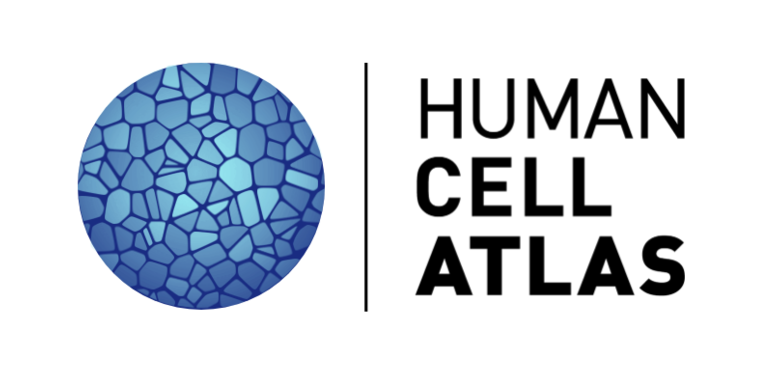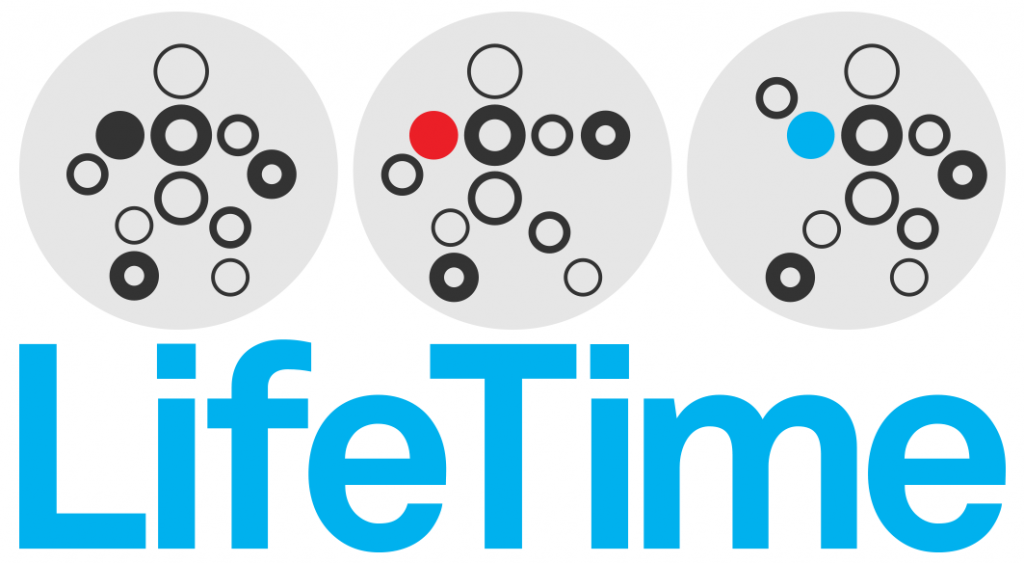

All across the globe, clinicians and researchers collect rich biological datasets of clinical specimens from COVID-19 patients, each associated with important meta-data. Efforts from multiple groups have shown that combining datasets in meta-analyses helps to understand how cells in specific tissues may be affected by COVID-19. However, meta-data must be harmonized to allow statistically powered comparisons.
Many initiatives have made their data available on various platforms for the wider research community. Some organisations, like the EMBL-EBI and the Broad Institute, have provided repositories to collect COVID-19 related (meta-)data centrally.
Here, the HCA and LifeTime provide an overview of resources for COVID-19 single-cell and omics data and meta-data that have been shared by members of their and related communities.
HCA and LifeTime have also established a registry of researchers who are using single-cell approaches to study the disease.
Single Cell Data:
- DeCOI
- contact: contact.ccu@uni-bonn.de
- EMBL-EBI – COVID-19 Data Portal
- contact: ecovid19@ebi.ac.uk
- Open Targets
- contact: support@targetvalidation.org
Human Cell Atlas (HCA) and LifeTime are joining efforts to contribute to the fight against the COVID-19 pandemic. Together, we are creating a common framework for openly sharing knowledge, tools, data, and other resources. This aims to enable in-depth analyses of the SARS-CoV-2 virus effect on the human body and help contribute to the identification of possible solutions to mitigate the current health crisis.
Through their participation in a joint registry, members of the HCA, LifeTime, and others will contribute their expertise and the scientific and technological power of single-cell analysis and data integration to unravel the intricacies of the interaction of SARS-CoV-2 with the cells and tissues of the human body.
On https://www.humancellatlas.org/covid-19/ the HCA is providing analysis, data, preprints, and publications.
The LifeTime collaboration will pursue this effort by identifying individuals at risk of developing severe symptoms and guiding treatments based on relevant biomarkers. At the same time, research within the framework of both initiatives will allow the systematic identification of new drug targets and vaccine strategies.
“In these unprecedented times, many LifeTimers are channeling their efforts into fighting the disease. LifeTime itself is designed to identify cellular and molecular biomarkers that can also guide the development of innovative precise treatments based on the understanding of diseases over time in many patients. Bringing together their own specific expertise today, HCA and LifeTime collaboration will offer answers to today’s challenges and prepare the world to reduce the impact of future health crisis”, said Dr. Geneviève Almouzni and Prof. Dr. Nikolaus Rajewsky, the LifeTime coordinators.
Dr. Aviv Regev and Dr. Sarah Teichmann, Human Cell Atlas Founding Co-Chairs added: “COVID-19 has leveraged the efforts within the HCA community to collaborate, collect new data from COVID-19 patients, share data and analysis, and draw meaningful insights from the work already being done by our members. We are thrilled to have the opportunity to build on this unprecedented and rapid community building by teaming up with LifeTime to coordinate efforts and yield insights into COVID-19 as quickly as possible. By uniting our strengths and communities, we will have even greater power to chart a path forward for combating the pandemic.”
About the Human Cell Atlas
The Human Cell Atlas is an international initiative to create comprehensive reference maps of all human cells – the fundamental units of life – as a basis for both understanding human health and diagnosing, monitoring, and treating disease. Its members span more than 1,000 institutes across 71 countries on six continents. For more information, visit: https://www.humancellatlas.org/
About LifeTime
LifeTime is a European and multi-disciplinary initiative aiming to understand the trajectories of single cells during disease onset, progression, and response to therapy in a close collaborative effort involving research institutions, hospitals, and industry. The LifeTime community consists of over 90 research institutions, with the support of 80 companies, several funding agencies, and national science academies. For more information visit https://lifetime-initiative.eu/